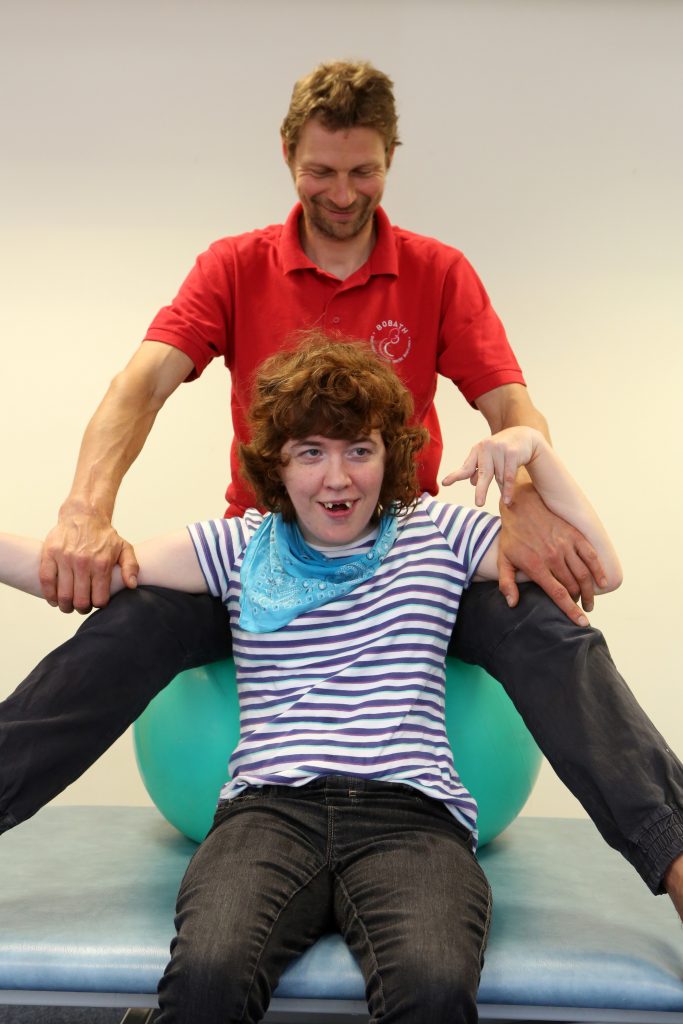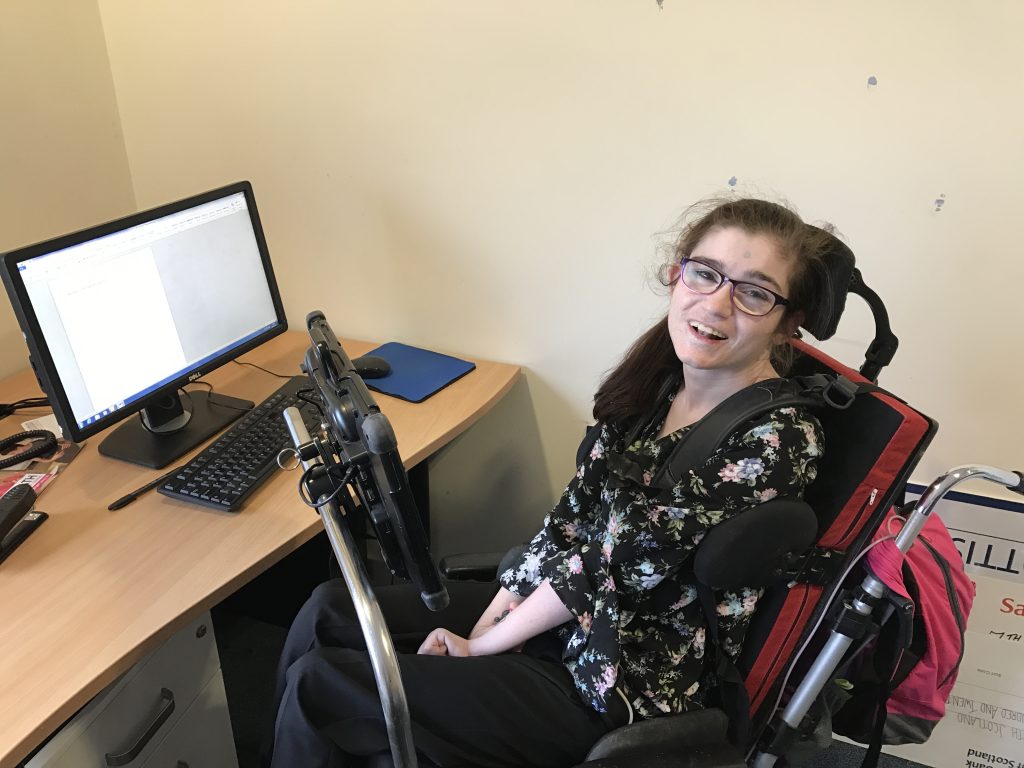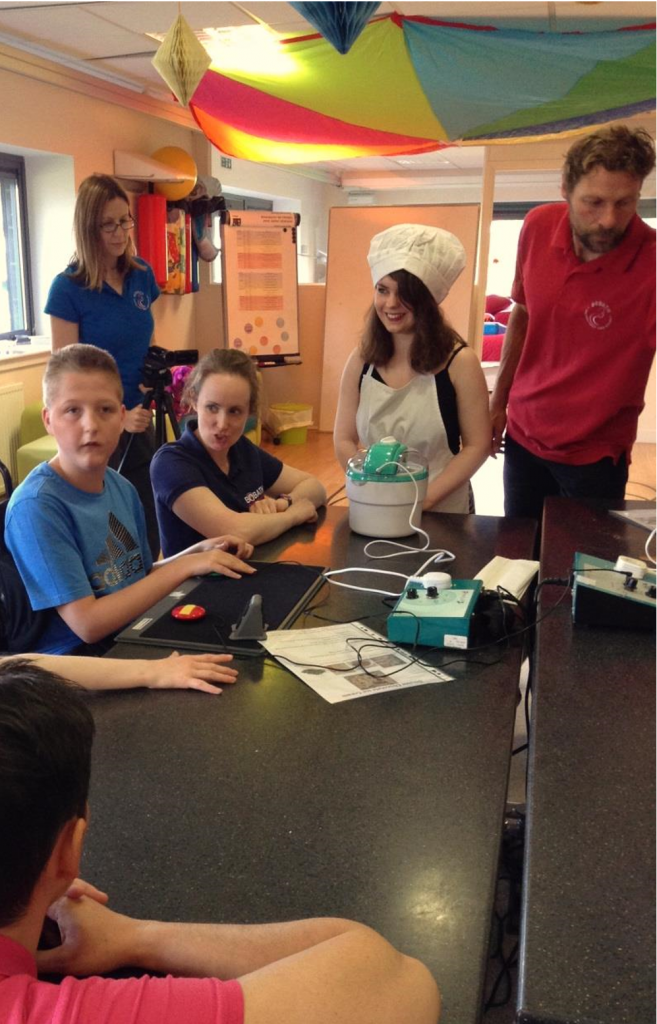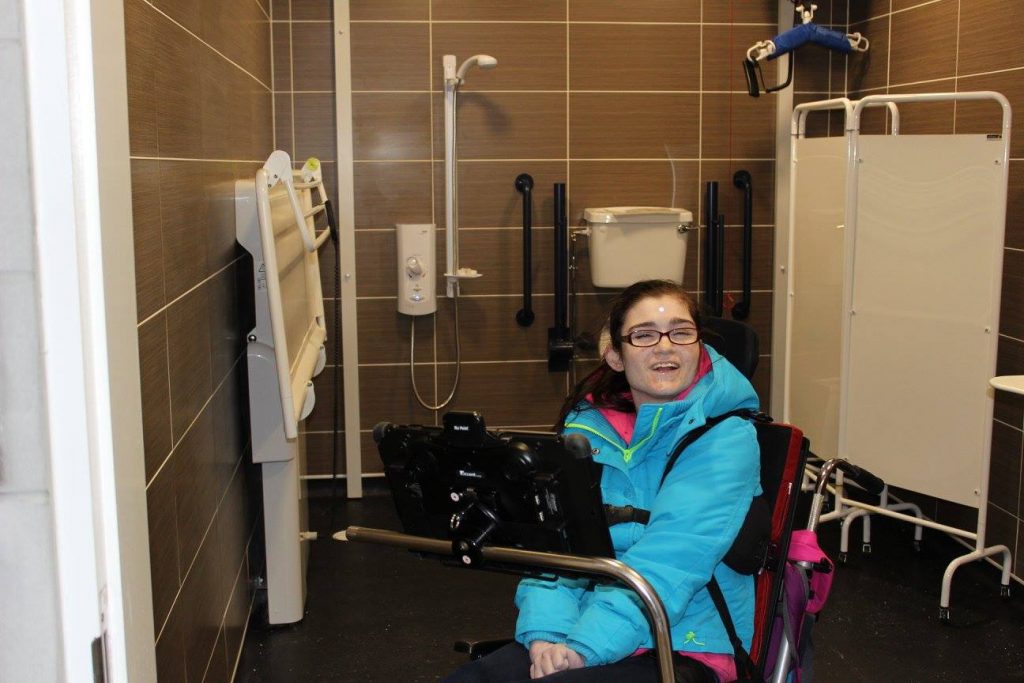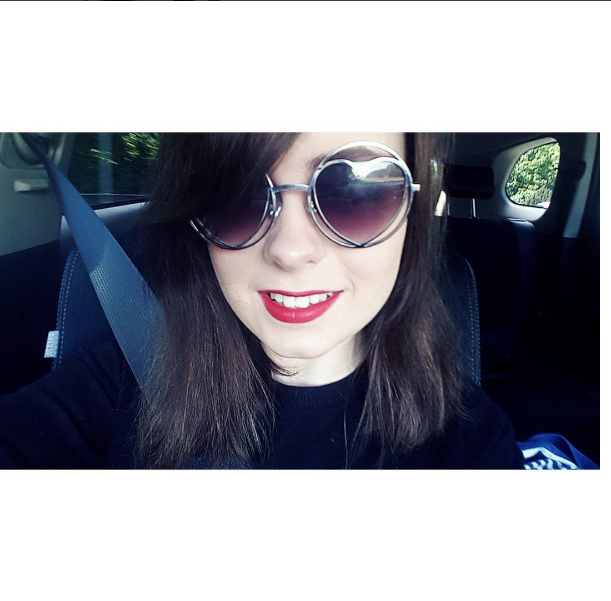This week Marion shares her experience of moving from school to adult services.
Hi, its Marion here again, I wrote a blog about my experience with cerebral palsy a few months ago for Bobath and I have been asked to write about my experience using adult services so here it goes.
I left my school in 2001 where I had speech, physio and OT in the one place, I also attended Bobath during my school days. Once I left school, I was also out of the hospital system of the Yorkhill Childrens’ Hospital. I attended the Fraser of Allander Unit there until the age of 18. They kept a check on my medicine, weight and tube which was a great service.
I found the transfer from Children Services to Adults Services very difficult as everything including Bobath just stopped when I needed the input the most. I could not get physio. The best thing I could get was a physio unit in a cottage hospital near to where I stay. Even then they did not know very much about Cerebral Palsy so I was just put on a pedalling machine once a week.
I could not even get speech and language therapy which I needed as around the time I left school I got a new communication aid. There was nothing for people who had cerebral palsy, however if I had a learning difficulty then I would get speech and language therapy, which I found so unfair of the system .
I managed to get back to Bobath before the adult service started. Lucky, because if there was no Bobath I would have had no physio therapy to keep me moving .
I feel that there is a lack of services for people who have cerebral palsy when they reach adulthood, that is a need which has not been met.
Past 18, there was not a lot for me in the way of help, if my family and myself weren’t pushing I could have ended up in a day centre, instead of going to college and getting my European Computer Driving Licence.
I would tell young adults if you know what you want never give in. Remember it’s your life, try to do what you want and not what someone thinks best for you.
School leavers should be prepared for all of their services to change and possibly stop all together. They should be ready to push for all the services and medical treatment that they will need as adults as it is very difficult to get these without being very persistent. The social work department seemed to be a lot less concerned as I became an adult although I feel my needs are equally important now as they were as a child.
